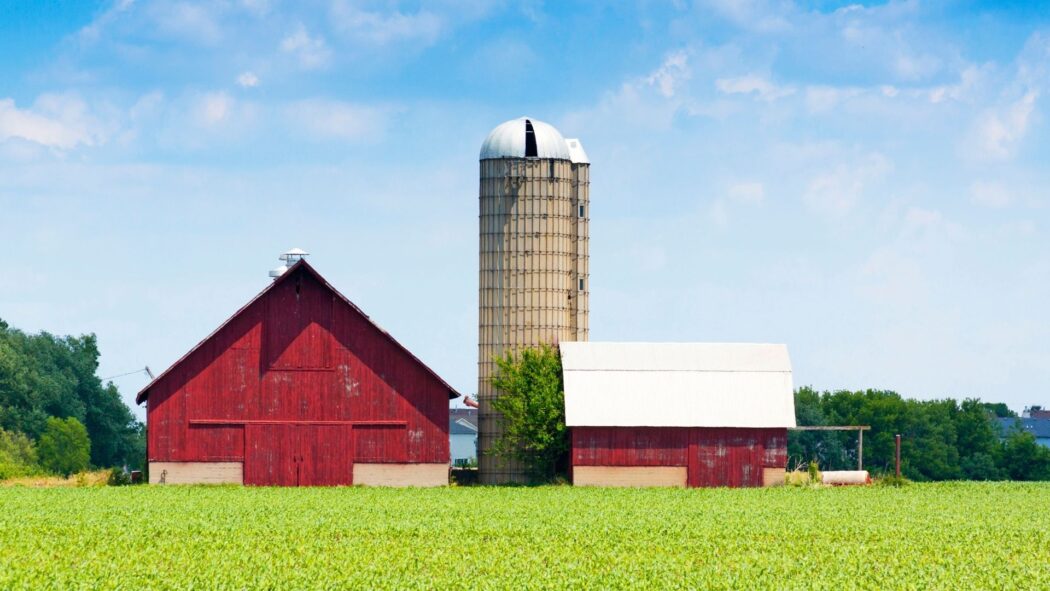Whether you are a hobby farmer or ranch for a living, there are several things that you need in order to have a successful operation. One of those things is agriculture insurance, just as you would insure your car or health, your farm or ranch deserves to be protected as well. Below we have mapped out several different kinds of insurance for different types of operations. We always recommend speaking with a professional to help you get the best coverage!
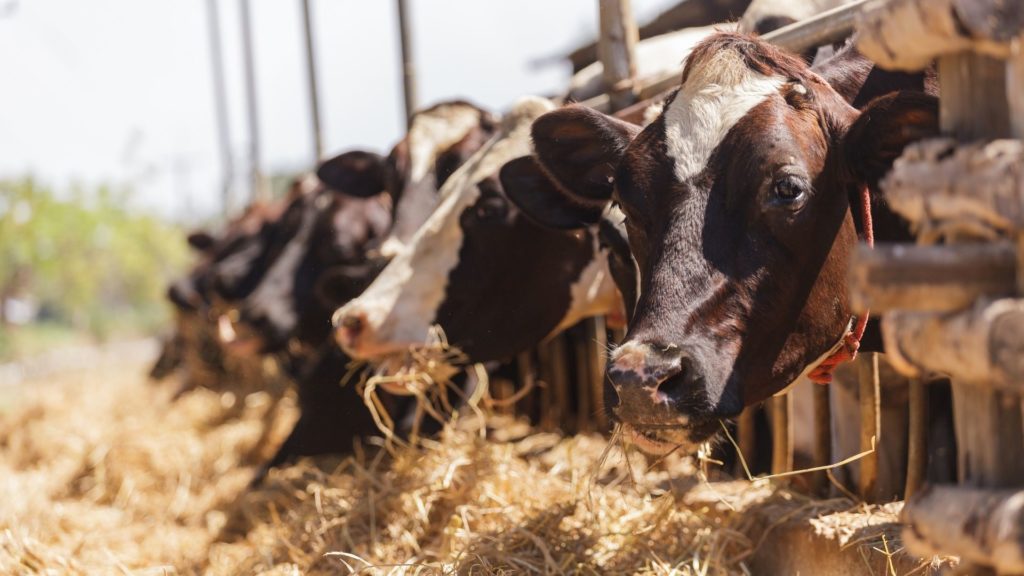
Before we dive into the different types of agricultural insurance, we should have a base understanding of what it is. Essentially, agriculture insurance includes a policy that includes the insured (rancher) paying a little sum (premium), usually in percentage, to an insurance company (insurer) to protect against loss due to any of the perils (death, flood, drought, etc) covered for a particular period of time (usually not more than one year) with a promise to indemnify (pay back the value of loss) should such occur. With that definition in mind, there are several different kinds of policies depending on the kind of operation that you are running. There are three major types of agriculture insurance that you might need to look into. If you’re working with a good agency then they should be able to walk you through exactly what you need and don’t need.
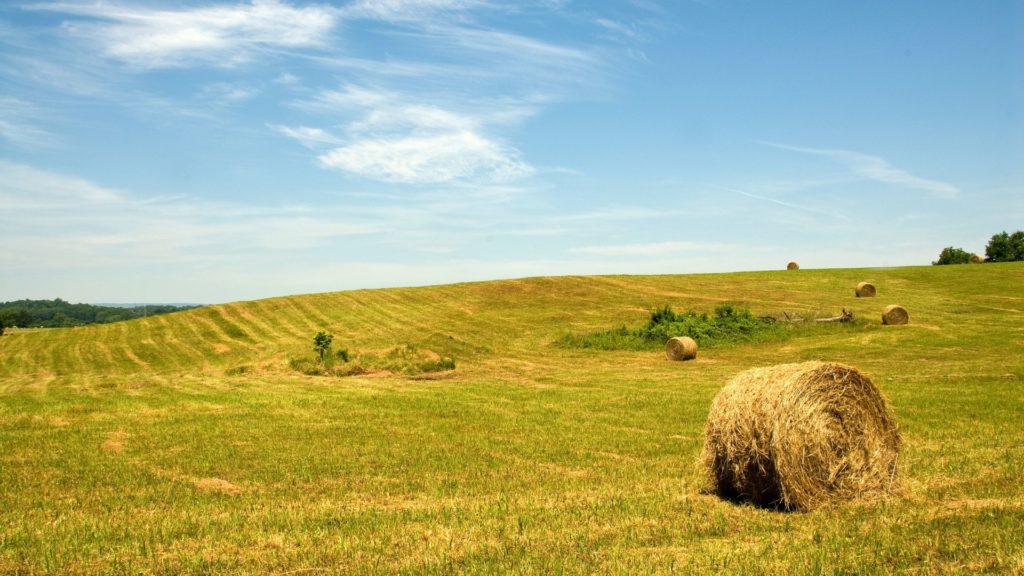
According to the Risk Management Agency within the Department of Agriculture, there are policies for more than 100 crops. Policies typically consist of general crop insurance provisions, specific crop provisions, policy endorsements, and special provisions.
Animal Agricultural Insurance
Animal insurance is purchased by farmers who raise animals and have a need to protect themselves against the loss of their animals such as fish, birds, and livestock due to disease outbreaks, accidents, and natural disasters, such as hail, drought, and floods.
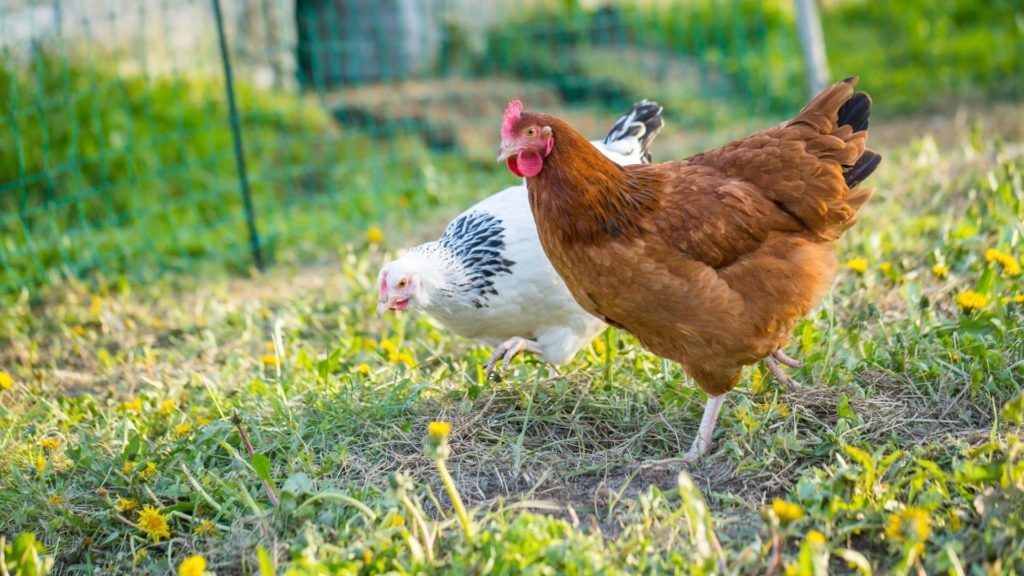
Farm Equipment and Property Agricultural Insurance
Equipment insurance is pretty straightforward, but it can be purchased by farmers, ranchers, and agro-allied businesses involved in processing and packaging agricultural produce. This insurance protects equipment and properties used in agriculture and farming operations.
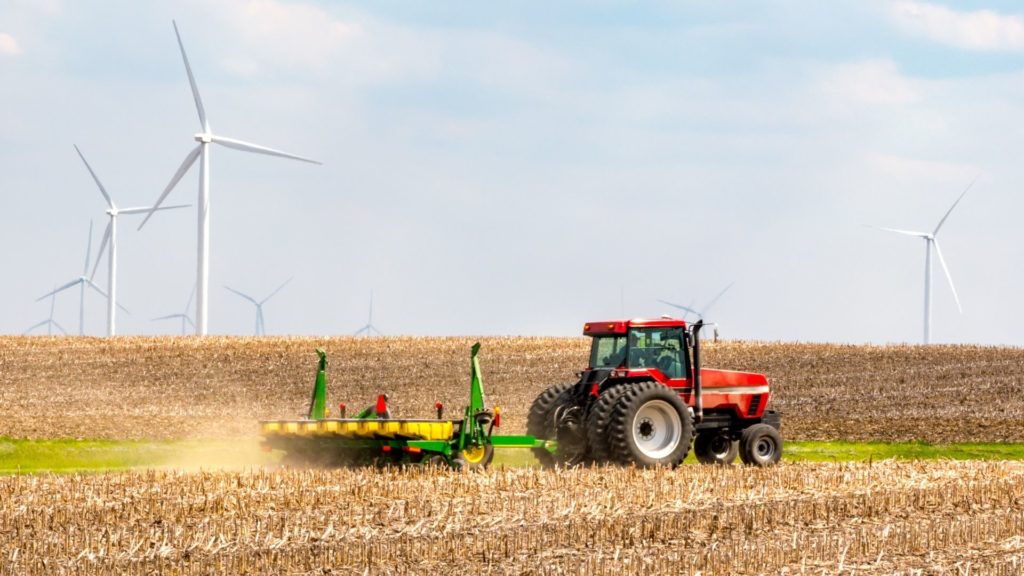
Crop Agricultural Insurance
is purchased by agricultural producers, including farmers, ranchers, and others to protect themselves against either the loss of their crops due to natural disasters, such as hail, drought, and floods, or the loss of revenue due to declines in the prices of agricultural commodities. The two general categories of crop insurance are called crop-yield insurance and crop-revenue insurance.
Buying a crop insurance policy is a risk management tool available to agricultural producers. Producers should consider how a policy will work in conjunction with their other risk management strategies to ensure the best possible outcome each crop year. Crop insurance agents and other agri-business specialists can assist producers in developing a good management plan. There are two main types of agriculture crop insurance, yield-based coverage that pays an indemnity (covers losses) for low yields and revenue plans that ensure a level of crop income, based both on yields and the prices that determine a crop’s value.
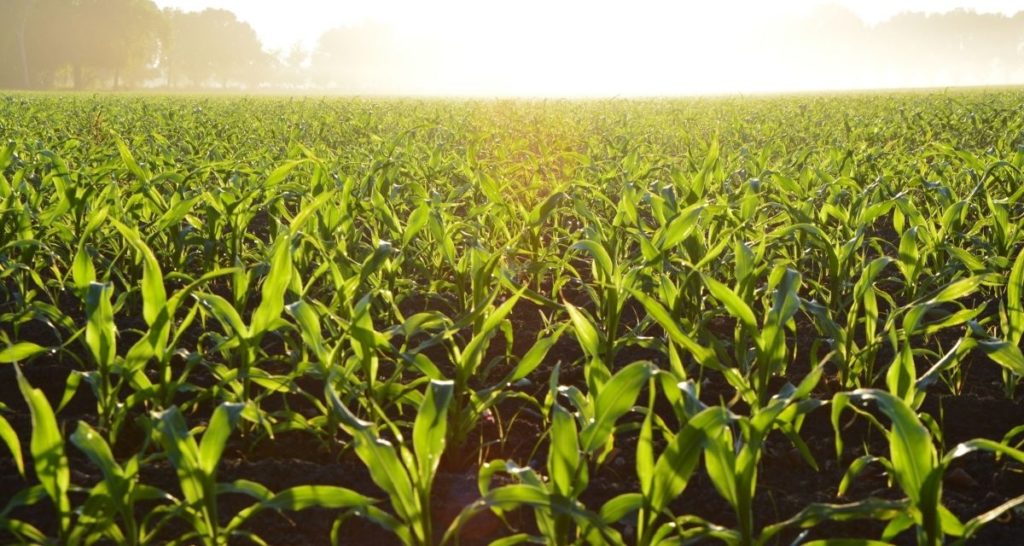
Pasture, Rangeland, and Forage Insurance
Pasture, Rangeland, Forage (PRF) Insurance is designed to provide insurance coverage on pasture, rangeland, or forage acres. The PRF program utilizes a rainfall index to determine precipitation for coverage purposes and does not measure production or loss of products themselves. The Rainfall Index uses National Oceanic and Atmospheric Administration Climate Prediction Center (NOAA CPC) data, which utilizes a grid system to determine precipitation amounts within an area. Each grid is 0.25 degrees in latitude by 0.25 degrees in longitude, which translates to approximately 17 by 17 miles at the equator. Acres will be assigned to one or more grids based on the location to be insured.
The Pasture, Rangeland, and Forage insurance was designed to help protect a producer’s operation from the risks of forage loss due to the lack of precipitation. It is not designed to insure against ongoing or severe drought, as the coverage is based on precipitation expected during specific intervals only.
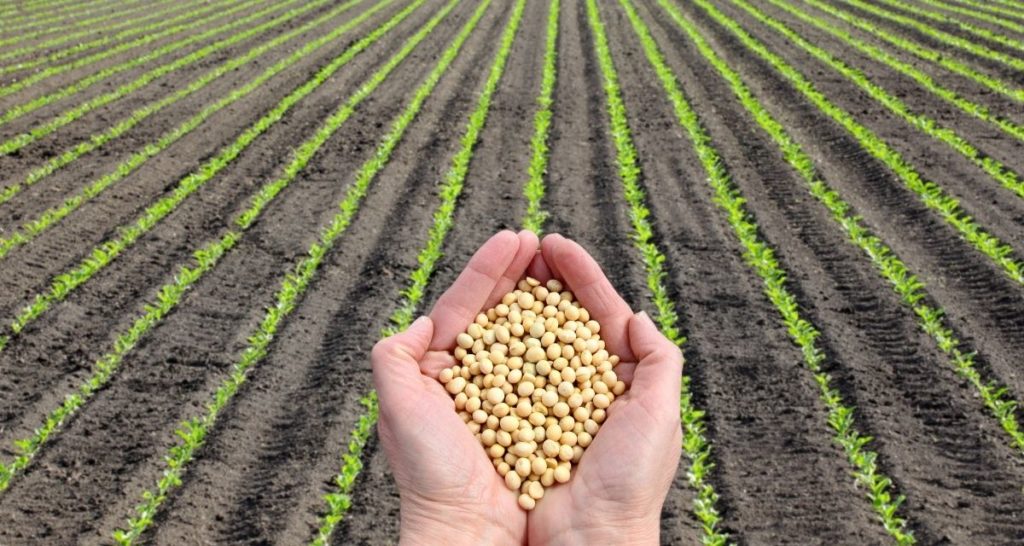
At the End of the Day Agriculture Insurance Can…
- enable farmers to obtain credit and financing for investment in new technologies, tools, and equipment to enhance and sustain their productivity.
- assist farmers in regulating cash flow and provide a financial buffer to rehabilitate damaged assets.
- help reduce business risk. Especially in agriculture, your equipment and property are used in the operations of the business which can be damaged or destroyed in a split second.
- provide farmers with peace of mind by removing part of the worry, tension, fear and anxiety that often comes with farming.
- encourage saving through regular payment of premium which cannot be withdrawn easily before the expiration of the policy.
- accelerate the economic growth of a country by accumulating capital from the insured and using it for investments in services and infrastructure necessary to grow the economy.
- provide job security for employees because it can save their employers from going out of business which will lead to employees or workers losing their jobs.
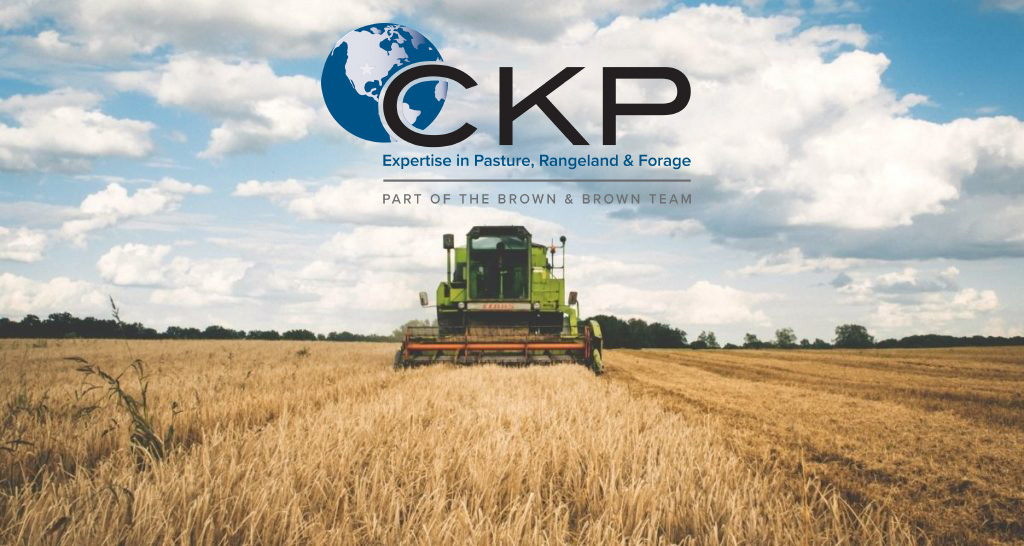
This Post is Brought to you by CKP Insurance
Our trained professionals will walk you through a range of options using risk-assessment tools that will take the pressure off when there is a drought in your area. The program is very affordable because the government subsidizes 51%-59% of the premium.
“Those Who Expect More Choose CKP”
We Got What You Need
Pasture, Rangeland, Forage Insurance was designed to help protect your operation from the risks of forage losses that are produced for grazing or harvested for hay, resulting in increased costs for feed.
Anyone can sell you a policy. But CKP Insurance invests the time to understand your needs and develop a strategy that will produce the best coverage results.


